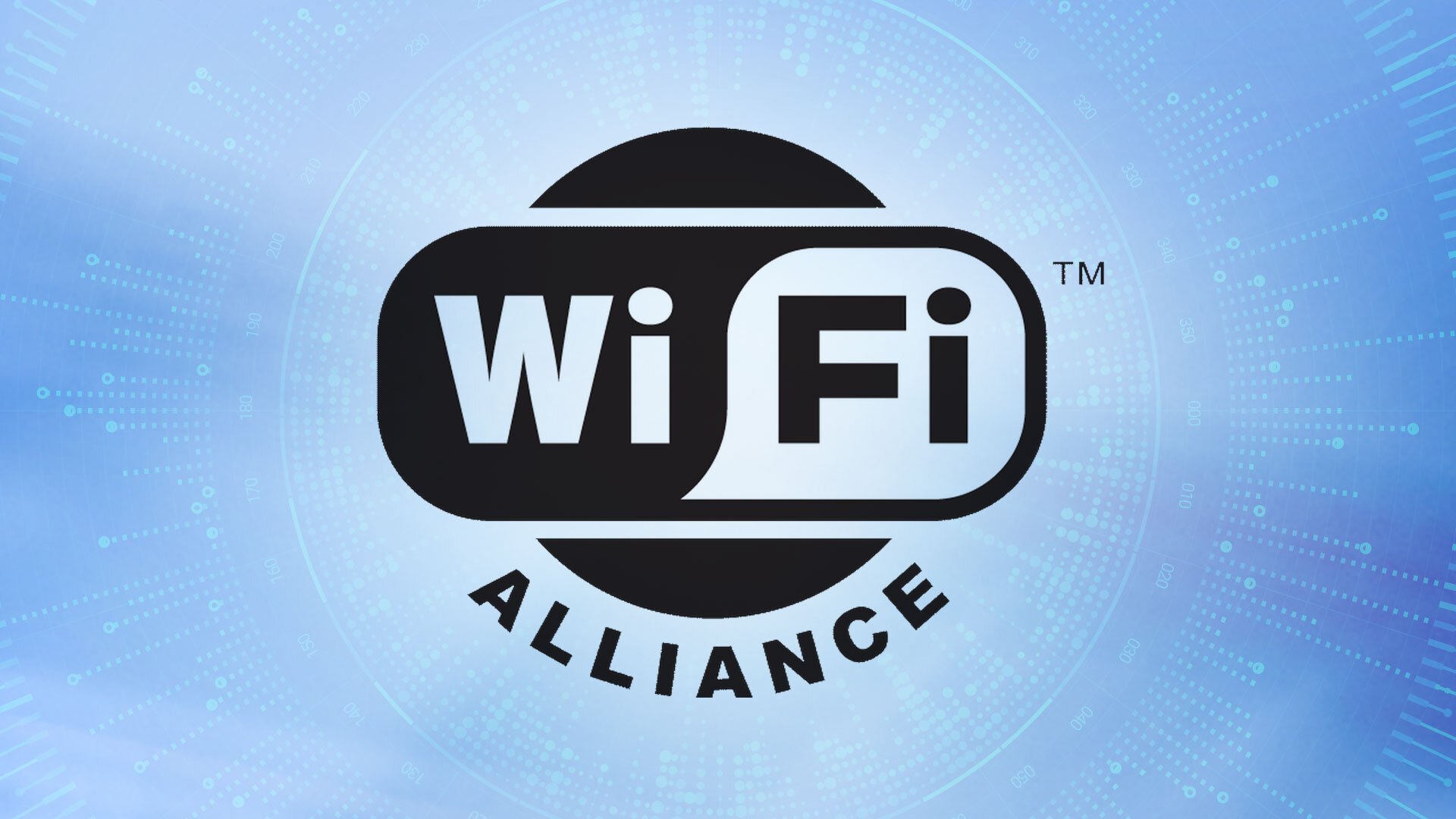Many technical products are equipped with interfaces for wireless LAN (WLAN). The use of this wireless technology results in various test scenarios that are necessary for certification of a device and thus for market launch.
Globally communicated frequency bands in the 2.4 GHz, 5 GHz or 6 GHz range are available as base bands for the use of a WLAN device. When using a WLAN module, the manufacturer therefore has to decide in which frequency bands the module should operate: 2.4, 5 and/or 6 GHz.
The choice of frequency bands has an impact on the regulatory testing scope required for certification in the target market. Many countries and certification regimes establish their own standards, limits and specifications that must be used for the testing process for devices with wireless technologies. This is also true for WiFi technology. A look at three of the largest markets gives an idea of how many different regulatory specifications have to be dealt with simultaneously:
| Frequency band | EU (CE) | North America (FCC/ISED) | Japan (ARIB) |
|---|---|---|---|
| 2,4 GHz |
|
|
Ordinary Regulatory Radio Equipment Art. 2 item 19 |
| 5 GHz |
|
|
|
| 6 GHz |
|
|
The test standards serve as the basis for the WLAN testing and are to be regarded as the basis for successful market approval for the markets mentioned. Depending on the number and type of other target countries for your product, there are additional testing requirements that your product must pass. We will be happy to help you identify these and perform all necessary tests at your request in our accredited laboratories.

In addition to the regulatory tests and the certification based on them, there is also the option of certifying the product according to the specifications of the Wi-Fi Alliance® when using WLAN modules. The Wi-Fi Alliance® is a worldwide network of companies that is concerned with the quality and further development of Wi-Fi® technology and, in this context, also publishes certification specifications according to which manufacturers can certify their devices.
In this certification, which has no regulatory character but is regarded worldwide as a seal of quality, the devices undergo various tests. Not only is WLAN functionality tested, but at the same time, based on industry-recognized standards (IEEE 802.11), that interoperability, security and a number of application-specific protocols are met.
Rely on our reliable testing of WLAN-compatible devices. Benefit from robust results that keep your products on track for market approval. Stay informed at all times. With us, you know the status of our project and which steps are still to follow – at any time.
In our test laboratories in Germany and the USA, we carry out regulatory tests for all WLAN products,
which form the basis for the international market approval of products with WiFi technology.
Our service portfolio is not limited to the above-mentioned requirements from the USA, Japan and the EU. Our test services in our ISO 17025 accredited laboratories include regulatory WLAN testing for a variety of international certification regimes based on different test specifications and standards.
Our laboratory in Milpitas (Silicon Valley) is also accredited by the Wi-Fi Alliance® as an authorized test laboratory for Wi-Fi Alliance® certification. In this capacity, as a testing and certification service provider, we can perform tests for specific Wi-Fi Alliance® programs in addition to regulatory testing for WLAN products. These include Wi-Fi 6 Certified and Wi-Fi CERTIFIED Agile Multiband.